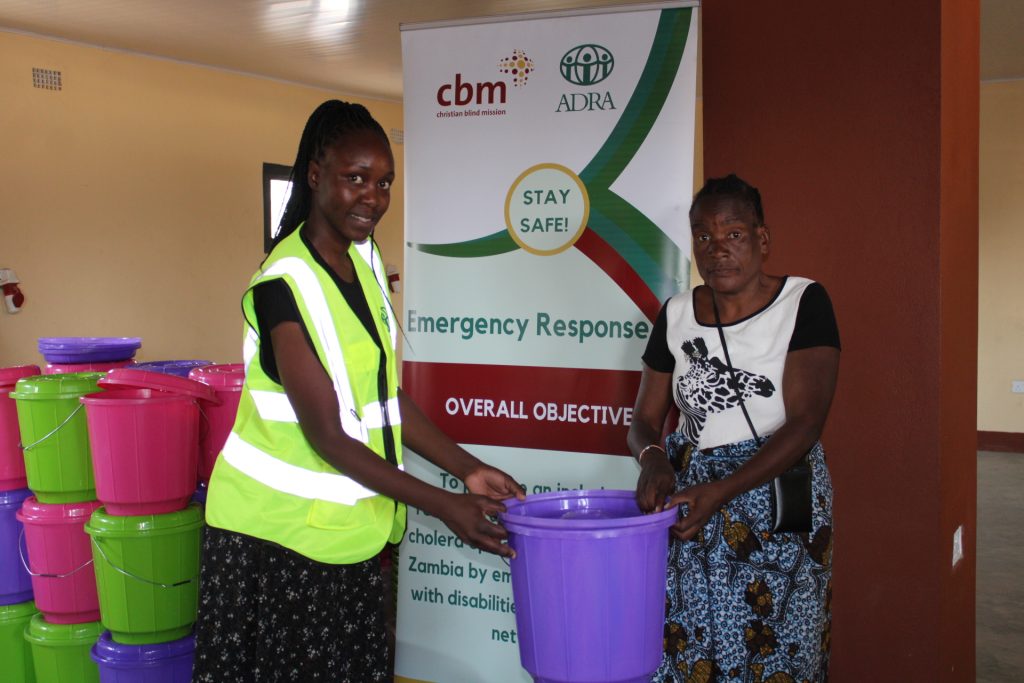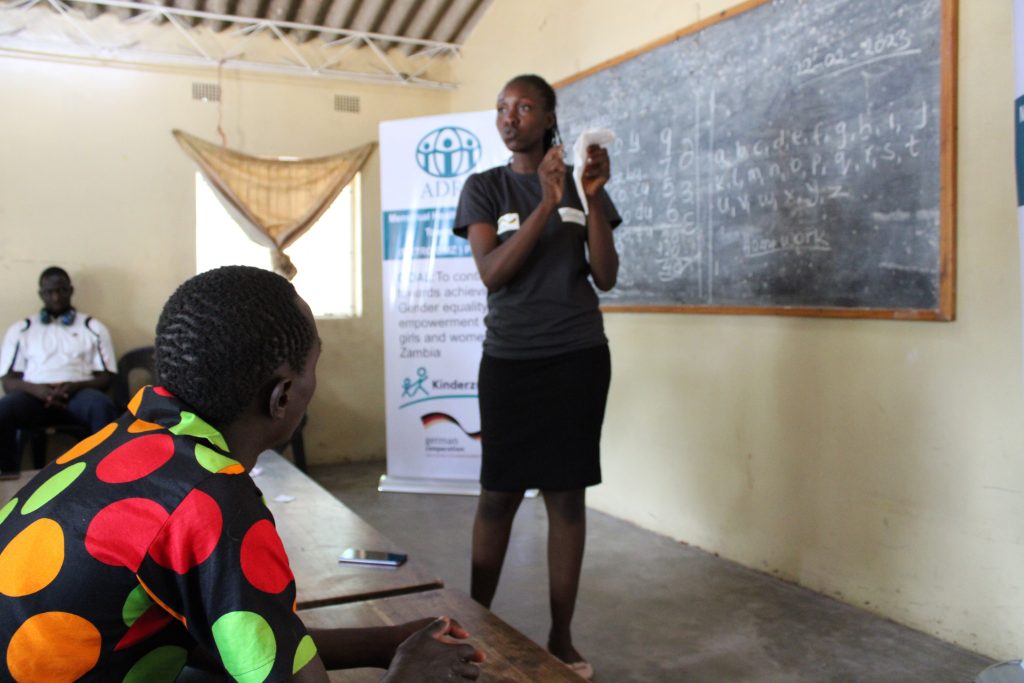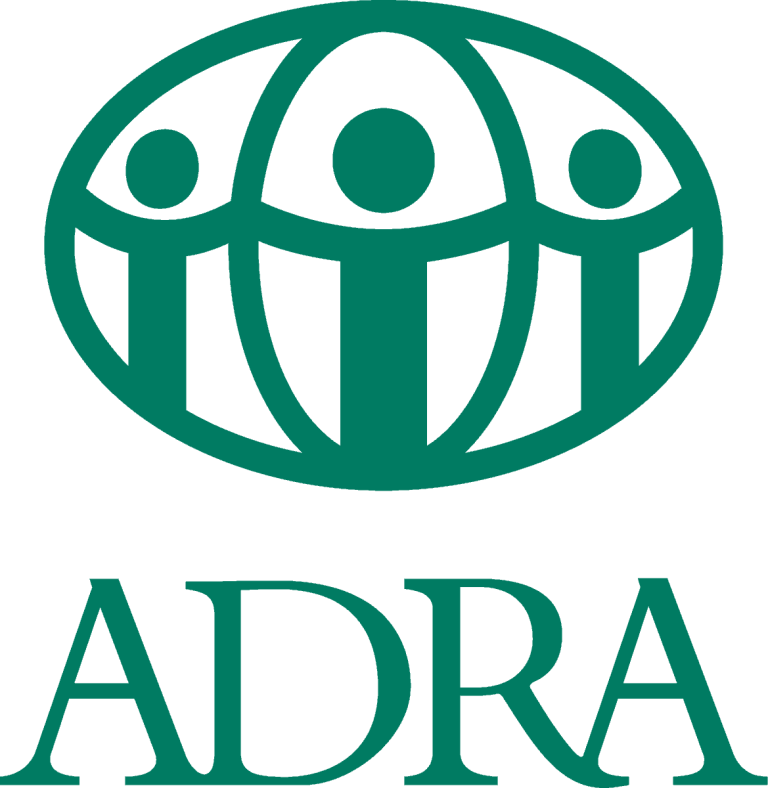For Lucy Phiri, a 29-year-old social worker and third-born in a family of four, volunteering was never just a stopgap — it was a calling. Since earning her diploma in Social Work in 2018, Lucy has devoted herself to uplifting communities through volunteer work with various organizations. But it was in 2020, during the onset of the COVID-19 pandemic, that her journey with ADRA Zambia began — and with it, a new chapter of personal and professional transformation.
“I joined ADRA just as COVID-19 hit,” she recalls. “Our job was to sensitize the community on the virus, and it was a scary but powerful moment to be part of something that mattered so much.”
Since then, Lucy has worked on numerous ADRA projects — and her dedication has not gone unnoticed. She was entrusted with the role of Project Officer on two critical short-term initiatives: the Cholera Response Project and the Drought Response in Nyimba District under the World Food Programme (WFP).

“Those opportunities taught me more than any classroom could,” Lucy shares. “I learnt how to interact with people from different backgrounds, cultures, and beliefs. It helped me grow not just as a social worker, but as a person.”
ADRA gave Lucy what textbooks never could — the chance to turn theory into action. “Before ADRA, my knowledge was mostly theoretical. I struggled, especially with sensitive topics like reproductive health. But through ADRA’s MESH and METRO Projects, I gained the confidence to talk about these issues — even with adults and men.”
Today, Lucy speaks openly about menstrual health, puberty, and sexual reproductive health, challenging deep-rooted taboos in communities where such topics are often avoided.
“Before, I would feel shy talking about these things, but now I can educate both girls and boys, even their parents. And even though my contract ended, I’ve continued volunteering — especially raising awareness among parents who still hold harmful beliefs about menstrual health.”
Now married, Lucy continues to volunteer in her community, using every opportunity to advocate for health, dignity, and accurate information. For her, ADRA was more than just a workplace — it was a platform that shaped her into the bold, compassionate leader she is today.
“ADRA helped me find my voice,” she says. “And now, I use it to help others find theirs too.”

